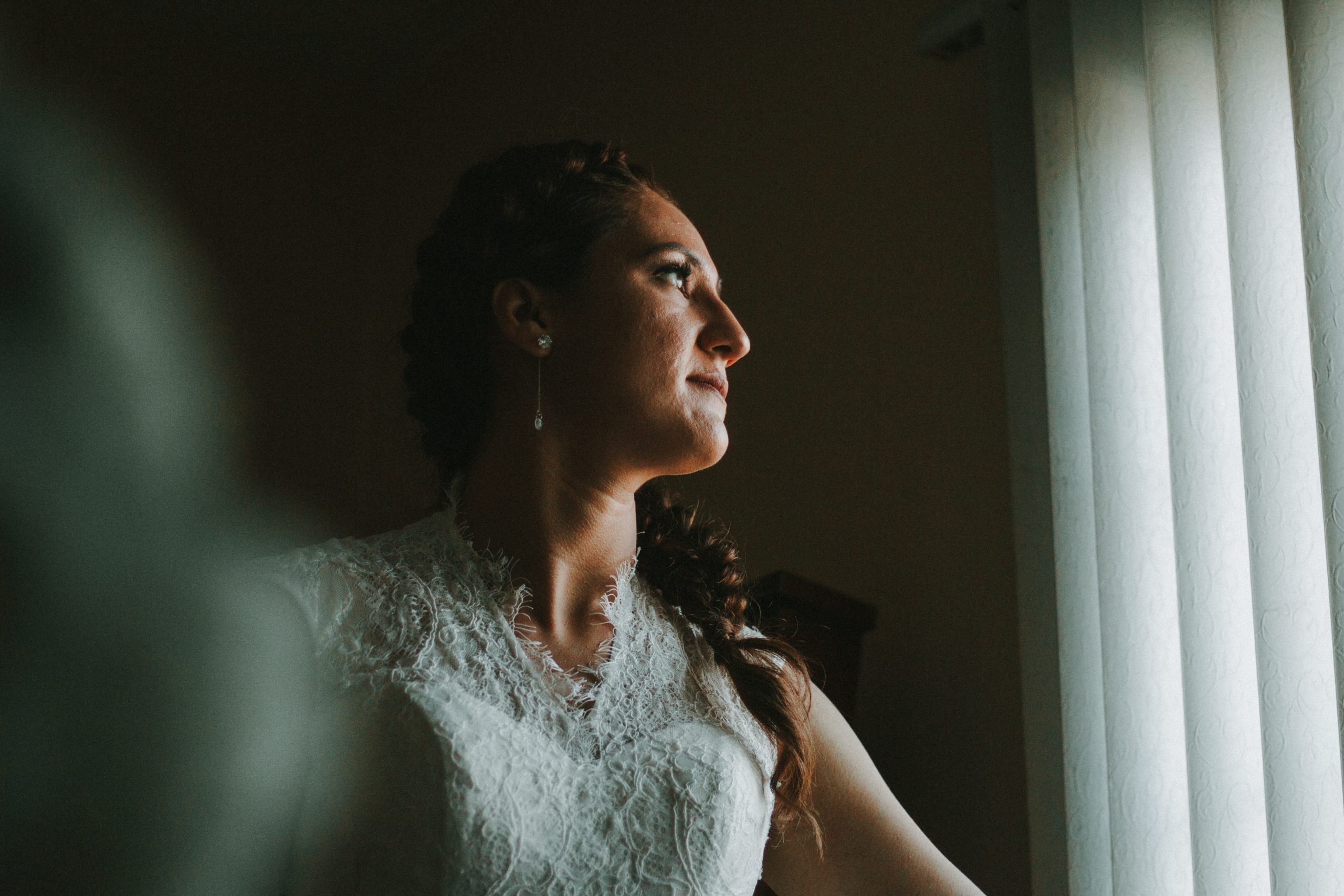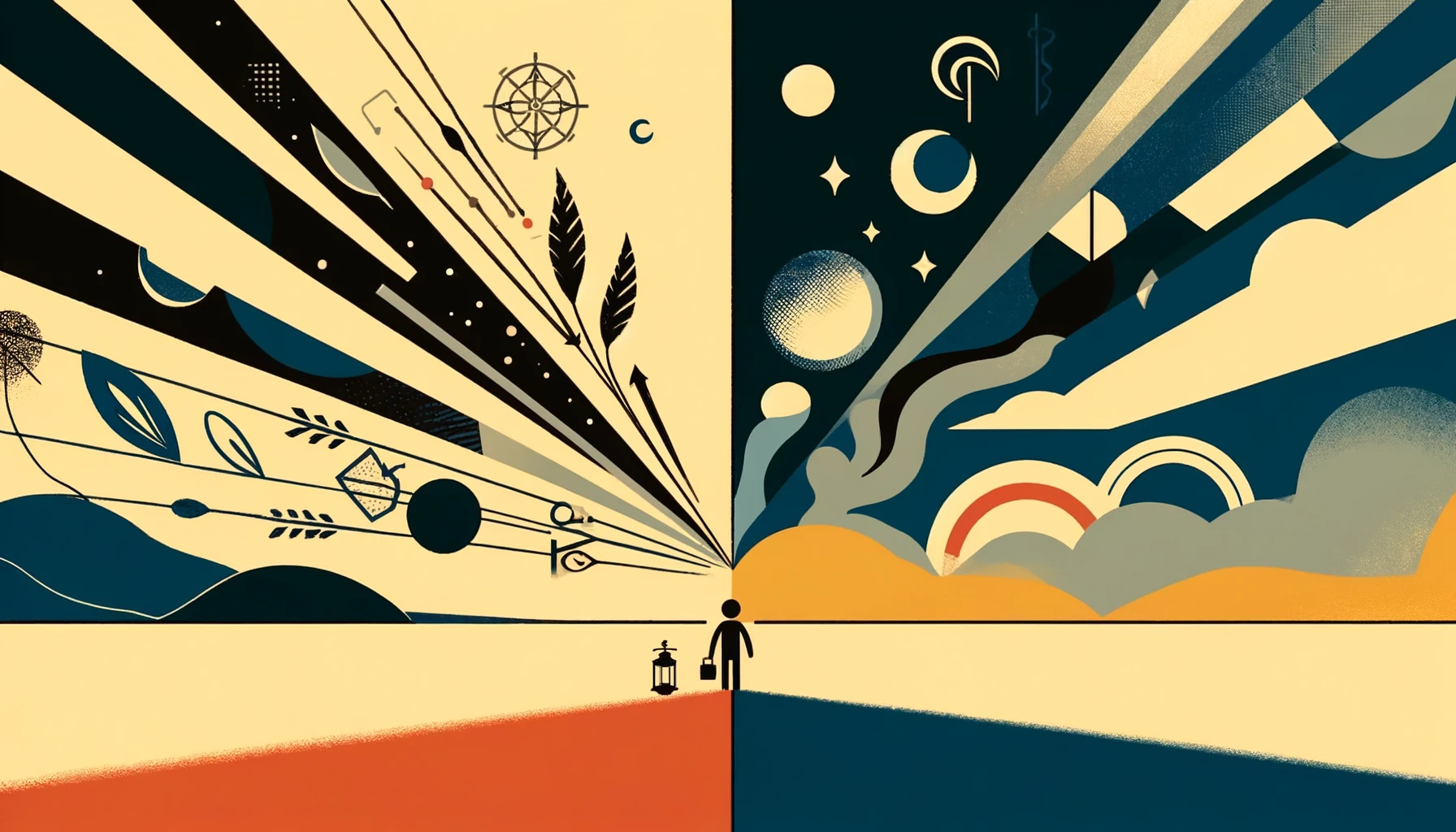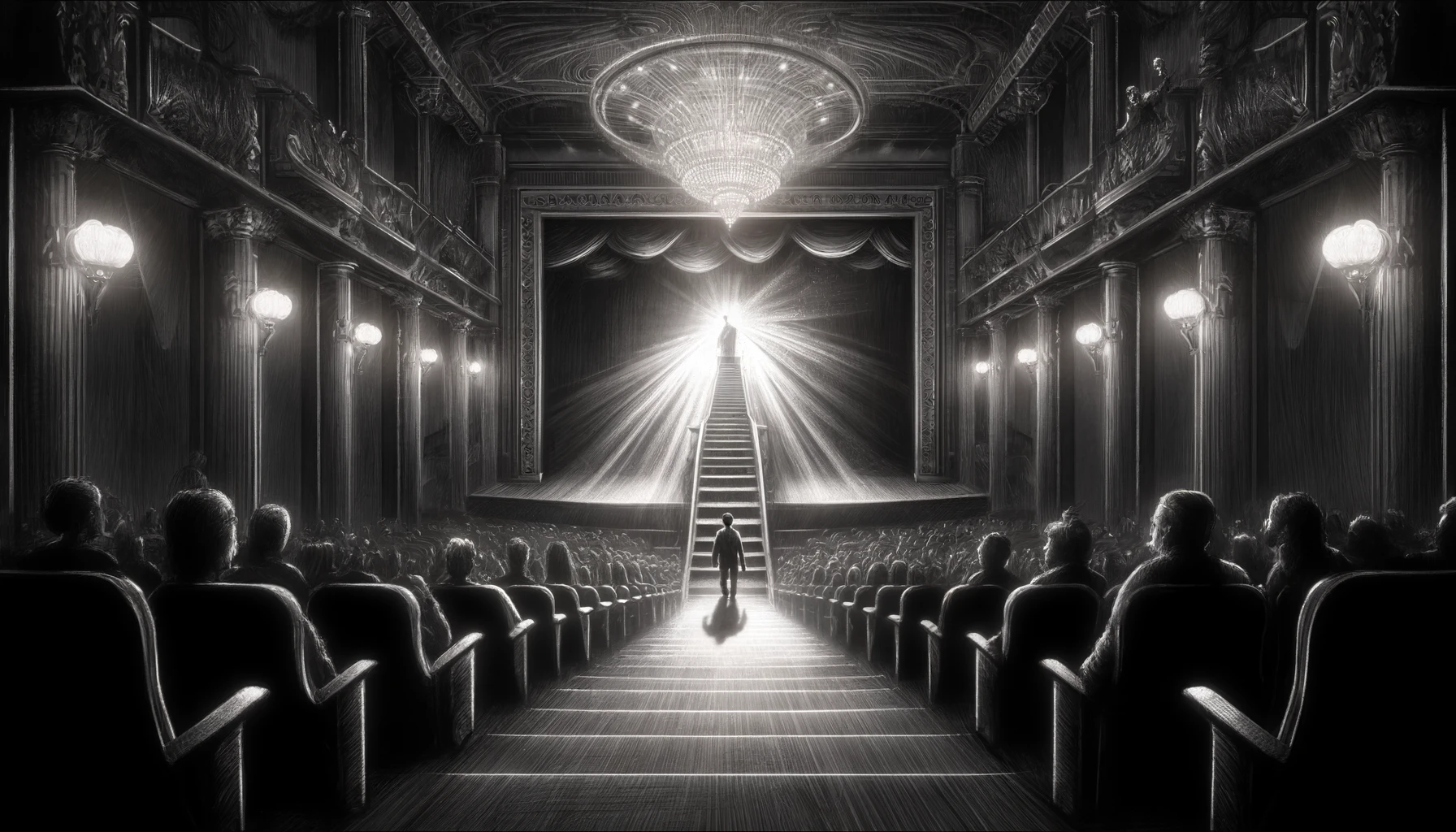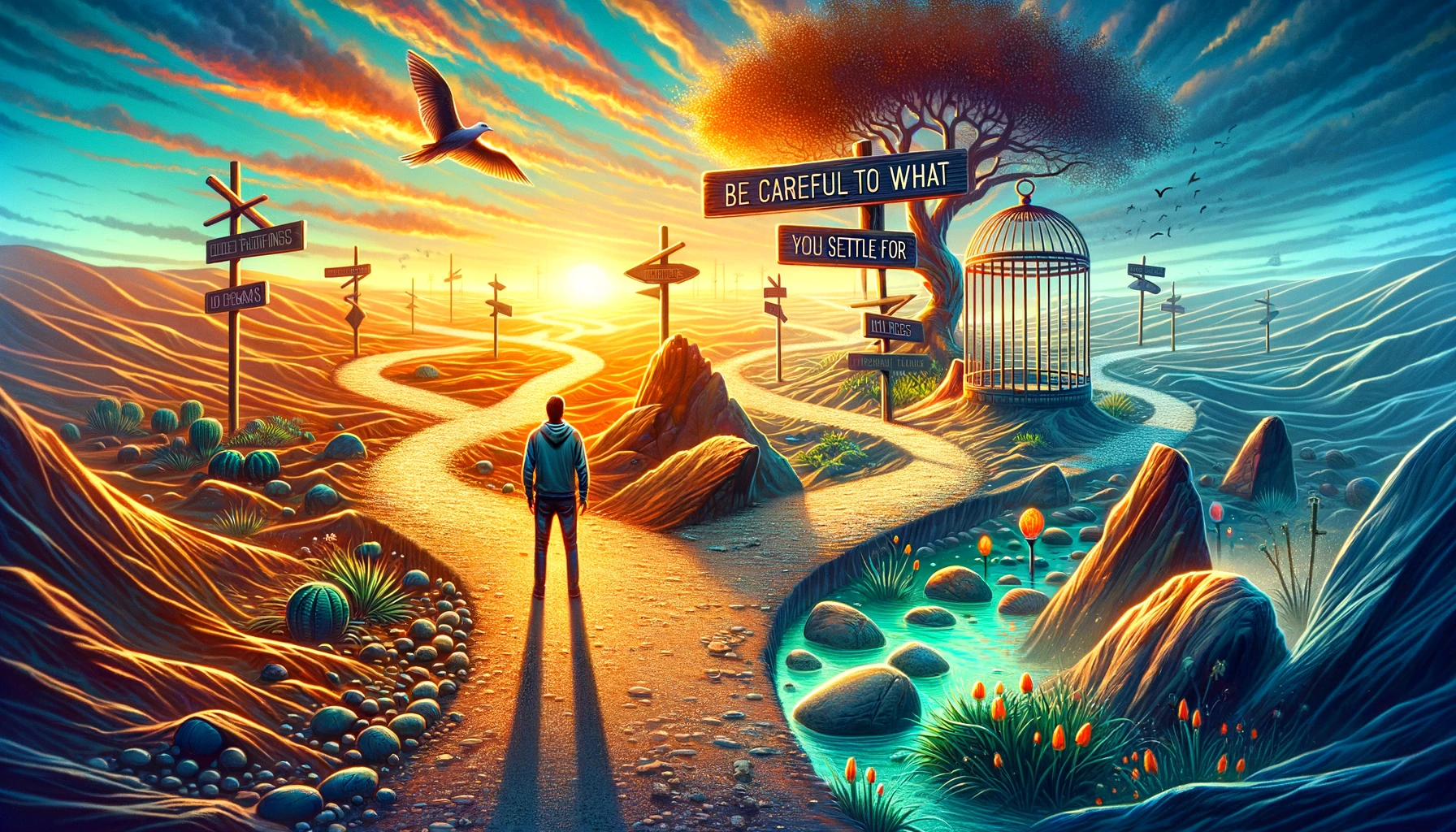I can’t believe this is happening but it is.
Yep, it’s true. I’m growing older.
Look, I get it—most of us are appalled by aging. But I feel like it’s different for me. Every day that it happens, which is to say every day, I feel more and more like one of those people you hear interviewed on NPR after they’ve survived a disaster—the ones who say, “I’d always heard about this happening to other people. I just never thought it would happen to me.”
In other words, I’m flummoxed, stymied and every other SAT word we had to memorize over the fact that time is passing and with it, I am aging. Because I truly never, ever, ever thought it would happen to me.
I’m biologically programmed to be shocked by this turn of events. Both my grandmothers were obsessed with defying their age and had face lifts long before this practice was more common. My mom, at nearly 80, looks no older than 60. And my brother, after helping to invent a product that prevents people from looking older, is now quite literally working on the cure for aging.
(None of this is BS hyperbole. Google “Nathaniel David.” Yep, one of the world’s leading experts on anti-aging.)
I don’t think it’s an accident that my family is obsessed with not aging. We are a family, you see, that lives by another credo: the rules don’t apply to us.
No one ever said this to me. They didn’t need to because I absorbed it.
And what rule is more unfair and yet more unavoidable than aging?
My point is this: I always understood that aging would happen to you. I just thought I would stay eternally, say, 38 while you guys would get grey hair and clogged arteries and other, far worse things. Whenever I’ve spied a grey hair, I’ve felt inarguably, stupefyingly betrayed by my body. As I tweeze it and then pretend the whole thing never happened, I all but scream at the sky, “How could you do this to me?!”
And that brings me to my years of sobriety. While it’s lovely in many ways to be sober for 18 years, that also means not being able to avoid one completely horrific fact: unless you got sober as a prepubescent, you simply can’t be 18 years sober and not kinda, well, old.
But aging isn’t the only horror I’d assumed I’d be able to avoid throughout my sobriety. I’d also had this idea that I’d be able to duck some of the other issues I’d heard other people discuss—namely, depression.
Now I understood from the beginning that it’s not like you get sober and then things just get better and better all the time. I got that there were peaks and valleys only followed by more peaks and valleys. Still, at a certain point—SAY, 18 YEARS OF SOBRIETY—you sort of just maybe kind of think all that’s over?
See, I’d heard early on that years seven through 10 of sobriety were not easy but I buckled through. Cool, I seemed to think, survived that, scratch it off the list, move on, share in meetings about the gifts of sobriety, keep meditating and praying and all that and the tides rise and stay there. Right?
Er, not really.
The bumps have continued and I feel as betrayed by them as I did by that grey hair I tweezed this morning. Don’t all the happiness studies claim people get happier as they get older? Isn’t that how I consoled myself over the fact that the aging rules did apply to me? When the fuck, I want to ask that deity that I seem to have a hard time finding when I’m going through the shit, does it just get easy?
Never have I been more gobsmacked by that question than early this summer, when early childhood trauma I’d spent a lifetime trying to avoid came screeching out. This all happened to come along at a time when I had truly established myself “out there” as a person who shared her dark to find her light. My company, Light Hustler, was successfully helping people write and publish and sell books. I had made my life philosophy clear in the world: if you share the things that have brought you the most shame, you will heal and help others to as well.
In a certain way, I was the perfect person to lead this charge. After all, I had been doing that since I published my first book about addiction in 2007.
For years, I’d been receiving accolades for my bravery when it came to sharing about my addiction. I’ve received hundreds of emails and social media messages and in person declarations from people who tell me that my podcast or something I’ve written or said has helped them to come to terms with their own addiction. They often add something like this: “Even though I may lose my family or career by coming clean, your bravery has given me the strength to do so.”
For a long time, I accepted this praise, no questions asked. God damn it, was I a brave person, I would tell myself. And I didn’t even have to try!
But that shield of self-congratulations I’d created to honor my bravery fell apart in the face of my summer breakdown. I am generally not a crier but I became someone who cried so hard, so publicly and so often that it wasn’t even surprising one day when I was walking down the street, sobbing, and a homeless man asked me if I was all right. Humiliated, defensive, I responded, “Yes!” He looked at me, said, “You don’t seem okay” and shuffled off.
It just happened that I had a book coming out at this time—a book I needed to go out there and promote. I dramatically told a friend one day between sob sessions that I couldn’t be publicly together so I was going to cancel everything.
She shook her head. “I don’t get you,” she said. “This is your whole thing. Sharing your dark to find your light. Why wouldn’t you be open about struggling?”
So I had to ask myself the same question. And that’s when I saw that I’d never been ashamed about being an addict but I’d always been deeply, horribly ashamed about suffering from depression.
The truth, I suddenly saw, was that I seem to think sobriety is cool and that you, whoever you are, want to hear about it. I remember going to a restaurant early on in my sobriety, ordering a Diet Coke from a waiter and then adding, “The reason I’m ordering a soda and not a drink is that I’m newly sober after a crippling cocaine addiction and if I have a drink, that will just lead to more and next thing I know I’ll be calling my dealer and then it will be 6 in the morning and I’ll be wired to the gills, hearing the birds chirp and thinking about killing myself.”
And I recall him nodding warily and, while backing away, telling me my soda was on the house.
Even if I haven’t overshared about my addiction with you, I’m just a genre of person whom most people in the world would expect to be an addict. In LA, they say, you throw a rock and you’ll either hit a sober person or someone who needs to get sober. People in recovery are so out and proud here that we don’t even realize there’s any other way to be. And writers? Well, we’re supposed to be drowning out our senses to near incapacitation in order to access our creativity.
Point being: I was never going to not get a job because of having been addicted to drugs; if anything, it would help me get hired.
In other words, I wasn’t nearly as brave as the people coming to me for help sharing their recovery stories.
I was a hypocrite.
Unlike a movie character’s epiphany, however, I didn’t have this realization and then change. This wasn’t Grease and I wasn’t Sandy, ready to have Frenchie convert her from the person she’d been to the person she wanted to be.
In fact, when I signed on, puffy-eyed, to do a video interview the day after my friend confronted me, I told the person interviewing me that I had “just gotten some bad news” and might not be able to do the interview. This was about a month into my crying jag so the “bad news” was a lie.
Ignoring my attempt to duck out of the interview so I could surrender some more salt water from my eyes to the pillow, he said, “Well everyone here loves and supports you” and I realized that I wasn’t just talking to a friend but to the hundreds of people who had signed on early and were already watching online. I felt humiliated.
The truth I had to face is that I only wanted to share dark experiences if they were in the past…that I wanted to look perfect but talk about a broken past so that I could be respected or even feel better than other people. “I struggled once, just like you’re struggling now,” I wanted to communicate. “But look at me now!” I wanted to have the ugliness be a funny or meaningful story from my past.
So I’m here from the front lines to report: I’m not cured. I still fall apart. And I can quote Leonard Cohen all I want and talk about how the crack is where the light comes in but the reality is it fucking sucks when I’m going through it. Even though, of course, just like all those people promised, I always come out on the other side having learned something invaluable. It just can take a long god damn time—unlike aging, which seems to happen in a millisecond.
In other words, it’s taken me this long to truly accept the fact that the rules do apply to me. I even have the grey hairs to prove it.




